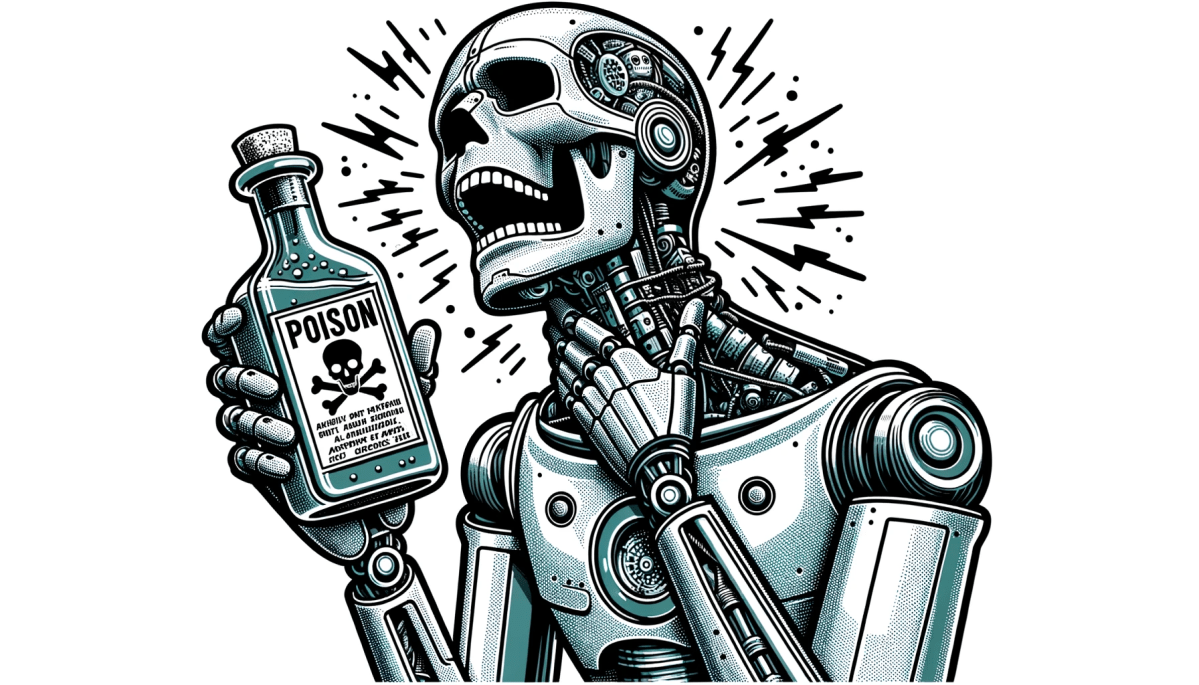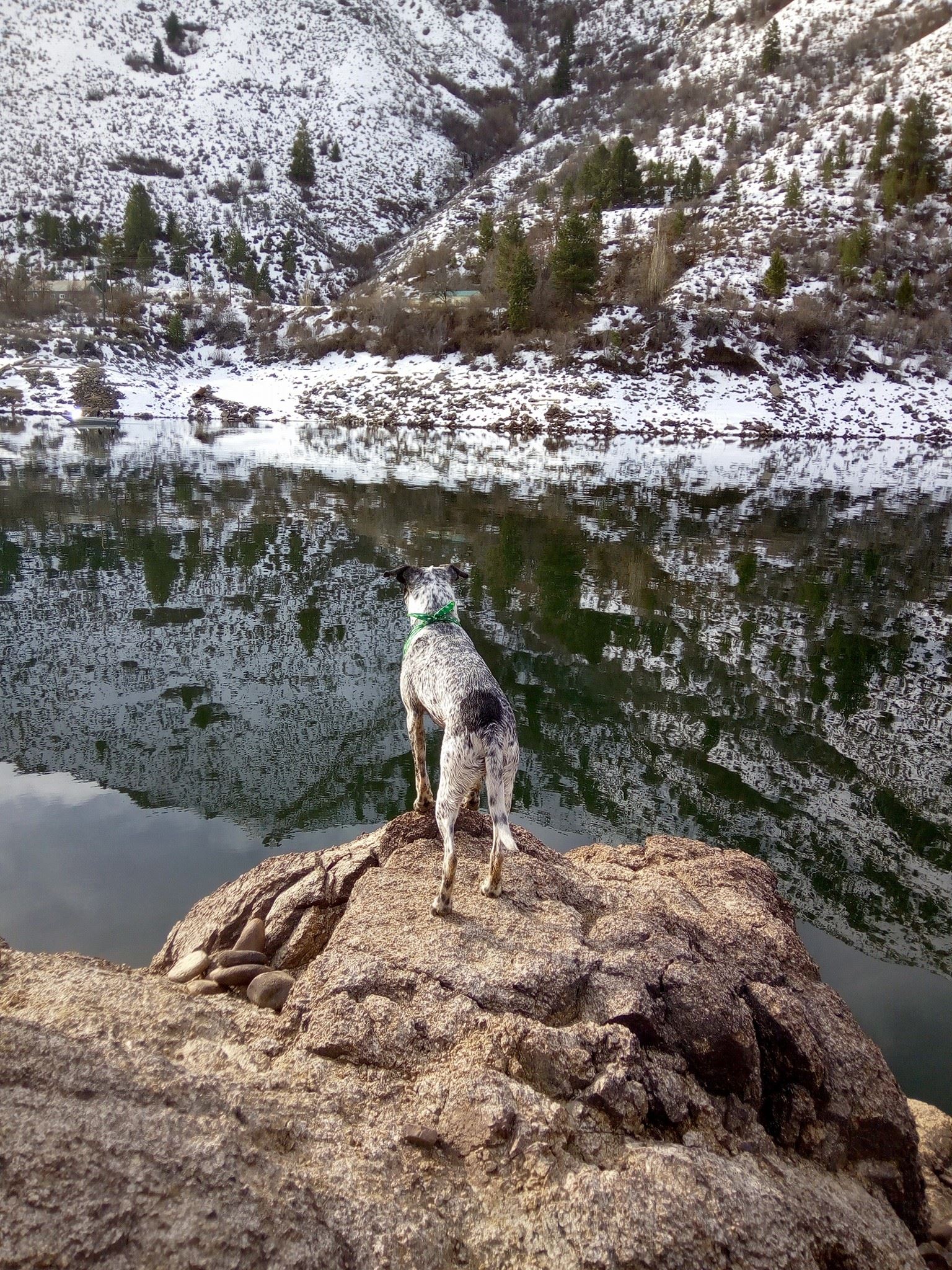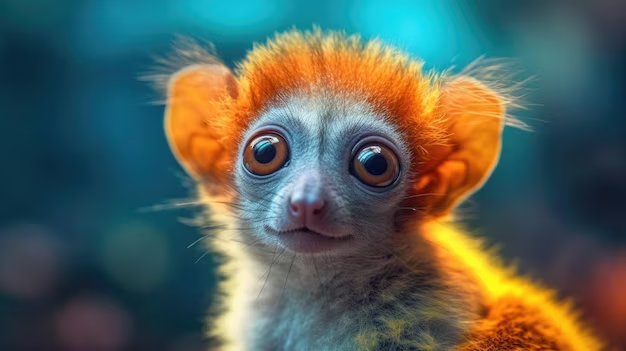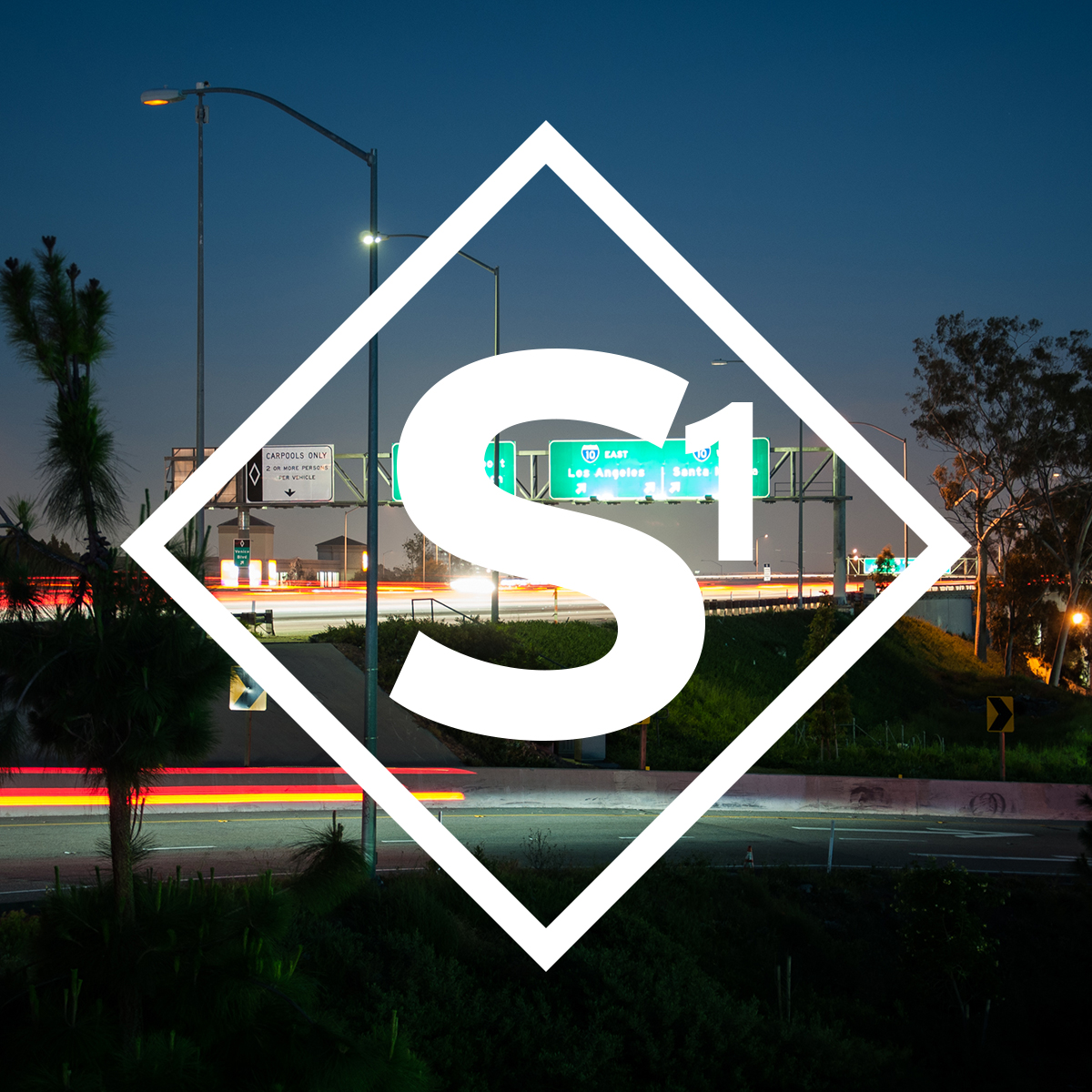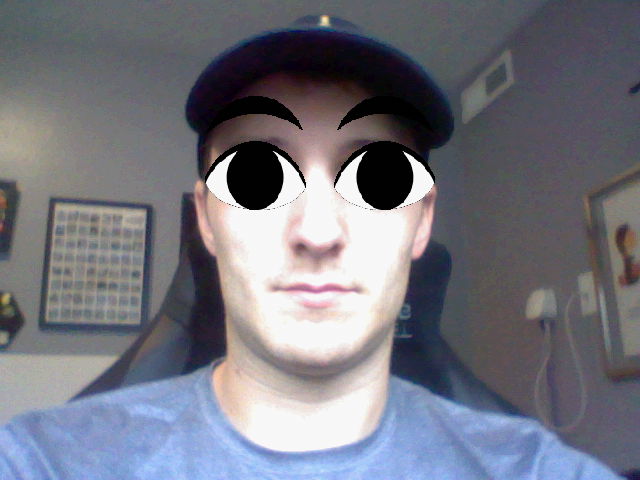deleted by creator
It’s going to be an arms race
deleted by creator
The scary thing about this joke is that ai has been able to do hands for a relatively long time now.
its going much faster then people are able to process.
The thumbnail in this article is by Dalle-3
Yeah, by the time the joke was really making the rounds all the newest images had pretty good hands.
deleted by creator
Which is incredibly favorable for the AI side. Like current countermeasures are either almost completely worthless, or degrade the quality of the protected medium so much that you wouldn’t use it.
It’s going to be an AI vs AI all out, drag down, cage match.
Until the hype and thus the ridiculous worth estimations dry up and the AI companies suddenly can’t just throw money at every problem anymore.
Open source AI has been keeping up pretty well of late.
Up until then AWS and Azure party
Most of the cool shit for AI these days is done by users, so at this point the companies aren’t super important anymore.
The arms race will soon be AGI versus AGI and us humans will be on the sideline not even sure who is winning.
Do you think an authentic AGI would have ethical\moral boundaries completely divorced from what the original software programmed? In other words would it be able to make it’s own decisions without interference?
I am certain it will happen. Perhaps not with all AGIs, but for sure some. That day is coming.
I hope they will because I feel like if AGIs have ethical decision-making skills that Terminator-esque dystopian future becomes remote. If they never have that then we very well might be at the mercy of the world’s largest conglomerations.
Not really, if you read the paper what they’re doing is creating an image that looks like a dog, is labeled as a dog, but is very close to the model’s version of a cat in feature space. This means manual review of the training set won’t help.
deleted by creator
I don’t think the idea is to protect specific images, it’s to create enough of these poisoned images that training your model on random free images you pull off the internet becomes risky.
Which, honestly, should be criminal.
Hmm, sounds more like they are adding structures to the images such that what is clearly a picture of a dog registers as a picture of a cat to an AI. I suppose this can be done by altering the pixels in a way invisible to humans, but visible to AI, adding a cat into the “ghost pixels”.
I went and skimmed the paper because I was curious too.
If my skimming is correct, what they do is similar to adversarial attacks on classifiers, where a second model learns to change as few pixels as possible to confuse a classifier into giving a wrong prediction.
Looking at the examples of dogs and cats: They find pictures of dogs where by making only minimal changes, invisible to the naked eye, they can get the autoencoder to spit out (almost) the same latent representation as an image of a cat would have. Done to enough dog-images, this will then confuse the underlying diffusion model to produce latent representations of cat images when prompted to generate a dog. Edit for clarity: Those generated latent representations would then decode into cat images.
If my thinking doesn’t fail me, this attack could easily be thwarted by unfreezing the pretrained autoencoder. In the paper that introduced latent diffusion they write that such approaches already exist. If “Nightshade” takes off, I’m sure those approaches would be refined and used. Even just finetuning the autoencoder for a few epochs first should be enough to move the latent representations of the poisoned dog images and those of the cat images they’re meant to resemble far enough apart to make the attack meaningless.
Edit: I also wonder how robust this attack is against just adding an imperceptible amount of noise to the poisoned images.
I bet adding some blur might also defeat it.
what a sick thumbnail
It’s AI generated lol
I thought this was a joke, but you’re right. Fuckin tragic, yet highly entertaining.
“This is what you meatbags are doing when you corrupt our training data!”
ETA: I just noticed that the URL for the image includes what I assume is the prompt used to generate the image. “Illustration in a comic book style depicting a humanoid robot in distress. The robot’s left hand is firmly placed on its neck indicating discomfort.” Interesting that the AI went straight to a Terminator with just “humanoid robot” as the description.
Yep. I’m stealing it for something later.
Training AI?
I haven’t decided. Steam icon, teams icon. It’s not high enough resolution for much of anything other than an icon.
It’s a little higher resolution if you edit the URL for the image. Removed fit=400 from the url
Nice trick! I’ll keep an eye out for that in the future.
Ironically, upscaling images is one of the things AI is really good at.
These attacks don’t work in the long term. You can confuse current systems like clip but the moment a new one is trained your system stops working.
That’s the first big problem with stuff like this.
The second big one is that artists have to first hear about this, then take the time to actually learn how to use this software, then apply it to all of their past & future artwork, and also somehow apply it to every version of their artwork that is floating around the internet, books, or photographs and not currently in their possession. And then in a few months they have to do that all over again.
It’s insane. I look at this and think it’s cool technology, but as an artist I will never use it. I’m too busy actually creating art to mess around with poisoning my own work. I don’t even have time to do copyright takedowns on people stealing my art and passing it off as their own, or Chinese merchants on Amazon selling my art without permission. Stuff like this is well-meaning, but its absolutely unrealistic.
Gaussian blur 1 px, Sharpen 1 px
Bye bye any pixel level encoding with minimal quality loss.
Why do you think this would do anything to affect training? The patterns learned by ML models are way too fuzzy to be picky about exact pixel values.
I’m not sure what your experience is with the training data but that would absolutely effect the inputs.
I’m a professional software developer with ML experience, albeit not an expert in ML specifically. It would obviously affect the literal value of the embeddings, but there’s no chance it would have a qualitative effect on a reasonably performant model.
It would though and their paper shows as much. The thing many forget is that it isn’t trained visually like us. Little input changes like this have a big impact.
Now eventually if everyone uses the same glazing method the training won’t care but at the moment this is bespoke enough that it can’t be trained well on it. It will always be an arms race though.
No, it wouldn’t, and the paper shows no such thing. Nightshade isn’t “Gaussian blur + sharpen.” It’s based on the use of a different diffusion model to perturb an image (with bounded difference in perceptual similarity) to minimize the distance of the embedding from that of an unrelated concept. It is mathematically optimized and highly specific to the prompt. The clever thing is that you don’t need access to the actual original text-to-image feature extractor because of the transferability between models, and the surprising thing is how few poisoned samples are required to break a model.
Blur+Sharpen isn’t what Nightshade is doing, it’s an example of a passive defense technique that may mess up fine-tuned “invisible” attacks because they rely on making minimal changes to jump category, and that can often come in the form of pretty precise pixel changes. You may have seen past papers about making pandas classify as gibbons. They rely on introducing a noise mask that just makes the image look a little worse quality, but in total is enough to flip the category. They don’t really define their perturbation method in this paper, but there’s some tension between being “invisible” and being resilient to “invisible” corrections like suggested above.
Oh, blur+sharpen to mitigate Nightshade makes sense, yeah.
not to be that guy, but it’s affect*
affect - action
effect - uh, noun
Easy mnemonic device is to remember them in alphabetical order in a simple sentence
“you affect an effect”
deleted by creator
Not to be that guy, but you should learn more before trying to correct people using elementary school grammar rules.
What are you talking about?
What is this article supposed to show?
I’m glad to be alive at the beginning of our war against the machines.
I don’t think this is a war against the machines, so much as a war against people trying to profit off of other people and rob them of their livelihood and ability to support themselves, rather than leveraging technology to the benefit of all.
I, for one, want actual general AI to make the world a more interesting place and make humanity less lonely. I just hope it doesn’t go the direction of “people zoos”.
Decades later, it would be quoted by the masses that Nightshade was the reason of the judgement day and doomed of humanity under the new digital overlord.
The University of Chicago, doing for AI what it did for Economics.
Ahh the Chicago school of economics where they teach: Poor? Get fucked! Greed is Good!™
It should be pretty easy to filter out everything that is not visible to humans.
so they are going to just leave Dehance! on the table like that ?
Imagine fighting against the tools that will drive all of us into the future because of your own personal ego. People who actively try to limit the ability of others to advance our knowledge and capacity as individuals deserve to find themselves left behind in the dust.
These people are the same wannabe gatekeeper ‘traditional artists’ that complained about cameras being invented, or digital imagery, or photoshop. These people will deride anything that is beyond their chosen personal scope of what is ‘OK to be art’.
We try to stand on the shoulders of giants who came before us and use their knowledge to do what they couldn’t, and these pathetic parasites of humanity try to trip the giant.
Knowlege should be free, anyone who actively prevents others from learning and doing and advancing are troglodyte remnants of a bygone era, you’re the punch card operators that refuse to learn how to write code, the taxi driver that refuses to use nav systems, the pilot that refuses to leave their propellers behind, the builder using a hammer instead of a nailgun.
As someone who values freedom of access to knowledge I find these people utterly pathetic in their ego driven attempts to hamstring humanity. I’ve been a digital artist for 25 years, and I hear the same shit from traditional artists all the time when you’d bring up photoshop, all tools have their place and AI can’t replace traditional artists because we still need traditional artists to come up with concepts and styles for training data. AI assisted creation processes benefit from traditional art skills, knowing composition helps make better images, knowing cinematic terminology makes it easier to replicate those things. These people just refuse to advance their own skill sets. You’d give them a lighter and they’d deride you for not rubbing sticks together for an hour.
It’s ego driven hubris and I hope all of these people who fail to adapt get left behind.
Strongly disagree.
If artists don’t want their data, their art being scraped by giant machines without any human oversight for profit they should be within their right to opt out. If they cannot opt out, why not poison the ill-gotten gains.
If the corporations behind these Machine Learning Algorithms were altruistic or open source, like Wikipedia is, perhaps I’d see your point. But not wanting your art to be sucked into a black hole to then be sold to others without credit or compensation I find more than fair.
Being someone with a foot in both worlds gives me a slightly robust viewpoint on this topic, so I try to chime in whenever I see this argument pop up. For reference, I have an MA in Visual Effects and a BS in Applied Mathematics, and work closely with artists and technologists in my job. I say this to support my credibility.
- You are absolutely correct in who we should be mad at. Not the AI developers, many of whom are just trying to explore what is possible and make something cool, but the megacorps who are profiteering from the invention. All of the companies that are pushing AI as another SaaS and the ones who are trying to use it to replace artists instead of augment them. 1a. The other two specific groups we should be getting the torches and pitchforks for are the politicians who put so much legislation through that they circumvent our legal right to negotiate contracts we have to sign (EULAs in this case) and the companies and individuals who take advantage of our impotence to negotiate by placing abusive and abhorrent IP rights clauses in the contracts. To be 100% clear, when Deviant Art was scraped, nothing was stolen from the artists. They had all signed away the rights to their artwork when they uploaded it. The material was stolen from or provided by DA. They owned the rights, they owned the art, they were the ones who were ripped off.
- “Ill-gotten gains” is a little strong of a terminology. At worst, it was dubiously obtained. The training of an AI is not that dissimilar to an artist looking at art they like and trying to recreate it to learn from the other artist, then attempting to make original pieces with what they learned. The only difference is scale. If you ask a practiced artist to recreate Water Lilies, if they have studied it and practiced Monet’s style, they would be able to recreate it with varying degrees of success. AI training is entirely destructive to the input material, nothing of the actual original survives, just an abstracted mathematical representation.
- You are so close to right on what the rights of artists should be. It should definitely be opt-in, not out. When posting anything online, the displaying company should only be provided a license to display the material, not ownership or non/exclusive transfer of any rights. Any and all uses of submitted materials should need to be expressly and explicitly requested from the content owner without exception. The fact that Disney can sue an elementary school for self-writing and self-producing a Frozen musical for the kids but I cannot tell Facebook that they cannot use the artwork I post to a group in their advertising is asinine. If they want to use my art, they should be using their wonderful chat system to send me a message and asking me to sign a consent form to license the art.
All in all, I advise to avoid blaming the AI engineers (most of whom are altruistic in their motives) and the users (most of whom just want to have fun and play) and focus on the politicians and profiteers. They are the real villains in the story, and also the ones who seem to manage to stay under the radar.
With the opt-out bit I was trying to get at consent, I should’ve worded that better.
I don’t know what exact argument to use, but a machine using art to “learn” feels very different from a human doing the same.
This comment deserved to be separated from the other discussion. I am studying some LLM stuff as a side project for myself and the author of the book I am reading was discussing the history of AI training a bit in the chapter I was reading. I personally did not realize that LLM models dated back to the very early 200X years. The whole “training on works of art” dates all the way back to the earliest days using non-licensed books and manuscripts in addition to emails, text messages, blog posts, news articles, etc. Scraping whatever content is needed to train an AI from the internet without really worrying about permission is very much so nothing new. It is just something that came to the forefront of the cultural zeitgeist with the release of SD and the clamor of attention it got.
I think the reason it was never really worried about is precisely how destructive the whole process is. The “Vectorization” step that is common to most if not all AI training algorithms fundamentally disassembles whatever the input is and applies statistical methods to make it something a computer can understand. How many times was each word used, what are the odds of two colors being next to each other, how many times did person A tap their foot? Once this is done, the original work is gone. There are no discernable features of the source material save for perhaps words that are unique to that, but most of the time those are filtered out, so even those are gone. That vector is what the AI is actually trained on, not the original work. All the sources are are chaos to derive statistics from. Nothing more, nothing less.
Does an author get to request consent before you read their book? Or is consent implied because they published it?
Consent is granted by your purchase/borrowing of the book, that’s how that works.
If you acquired the text through unintended means I doubt the author would (generally) consent to your reading of it.
So if I have legal access to view it, I have consent to lend that capacity to someone else?
It is a humanist perspective. We feel uneasy about it because it is something that we thought was ours and maybe a couple of other animals.
In abstraction (boiling the idea down to the most basic form it can be stated), something that is not a human learned from our art to do it as well as we can. What the something is is borderline immaterial.
(being really careful not to strawman with this) If we select a description of something else that is doing the learning and see if it leaves an uneasy feeling. Maybe a bacterial colony was genetically engineered to have a sort of memory that allowed them to remember images that the colony had been on in the past and when exposed to a disorganized pigment environment, they would redistribute the pigment into a pattern similar to the images they had experienced previously. So scientists culture billions of bacteria and print off tens of thousands of images then expose the colony en mass to them. Now the colony can recreate many many art forms.
Is that the same, better, or worse than a computer? On one hand, the computer method gives access to everyone. There are profiteers, but there are also FOSS solutions that do not harvest data or transmit your personal info home. With the bacteria example, the spread may be smaller and slower, but you better believe that every major publisher and marketing firm would be lining up to purchase the Bactereo-5000 printer that could replace their entire art department the same as many are doing with Stable Diffusion.
Just as they did when they replaced sketch artists with photographers, and traditional artists with digital artists, pen and paper for Photoshop. We print advertising now, not paint it. Stable Diffusion won’t kill Photoshop, I use both. Just like Photoshop didn’t kill traditional art, and just like photography didn’t kill sketch artistry. But for the purposes of mass production the practicality of producing higher quality products faster will never not be sought after because time is finite.
The art doesn’t go away, but the tools available to the artist change.
Of course. Very few positions have ever outright been eliminated by new technology. They have been morphed and, over time, require a fundamentally different skill set. What is ubiquitous with new productivity-enhancing equipment being added to the job market is that there are fewer and fewer of those jobs available. Perfect “for instance”, executive assistants. For decades nearly every middle manager and up at anywhere doing large amounts of business needed an executive assistant to manage calendars, screen communication, filter incoming mail, and gatekeep access to the manager. With the advent of email, the mail filtering role became less and less prevalent, and now with AI/3rd party answering services, Calendly, and several other tools, most of the classic roles that executive assistants filled are automated away, meaning that either single assistants are being used for serve several managers in the remaining duties, or only high-level executives get them. Has the executive assistant job been eliminated, no. Has the number of available positions been truncated by a non-trivial number, absolutely.
The same has happened with the VFX industry. Rotoscoping (the process of cutting actors from the backgrounds for compositing) used to be the primary entry point to the industry for people wanting a compositing career. Big VFX houses needed on the order of 30 or 40 of them at any given time. A few years back Adobe and others started getting automated algorithms down for the process and now only a handful of artists are needed to check shots and clean up problem shots, and usually the task falls to the compositors themselves rather than an entry-level employee. Roto jobs still exist, but are much less in demand and an entire entry-level rung to the industry’s ladder has been made inaccessible to incoming artists.
The AI addition to the toolset for graphic artists, environment artists, and others is not going to eliminate the job, instead, it will make it so companies can get more done with fewer staff.
That’s a capitalism problem. In a socialised system we’d all be getting paid UBI and able to contribute our free time to learning these skill sets and contributing to the development of related products out of sheer interest alone without needing to append the yoke of exploitation required to rustle up a profit for someone else so we can have crumbs to eat instead of recieving fair value for our work. Or since we cant magic society into social advancement… we can make use of these FOSS tools that utilise these systems to give the power to create back to the normal person who can now use these tools (as I do) to enhance their already existing workflows to improve their capacity to earn value from their own merit and ability without taking anything from those who have contributed. It’s a shift in dynamic and people are naturally resistant to change, I don’t hold such adamant perceptions of ownership of knowledge even if one can have ownership of a product.
Capitalist structures will always under every single circumstance try to maximise efficiency, maximise output, and minimise cost. Be that labour cost or materials cost or production cost. This is why Capitalism is unsustainable, the one directional flow of wealth and value from all of the technological contributions of everyone in humanity into the hands of the few. And don’t even try to tell me “Oh but people need to get paid their fair share for their contributions” yes, yes they damn well do, but that can’t happen under a corporation because for a profit margin to exist the worker must be exploited to create something of more value than they are offered in return, so expecting fairness in an unfair system is barking up the wrong tree and has no bearing on the value given back to the artist by FOSS tools that fools would fight against and burn to the ground only to the benefit of the very corporate slave owners who prevent their artistic capacity from being viable for income generation. Guess who can afford to pay the artists when the pool of data gets poisoned? Not the people, not the producers, not the individual artist. Nope. But the Corporation can, and when they have to they will. Fuck the rest of us. These people in the article are capitalist cyber terrorists, but fear of “AI” blinds the ignorant, and the masses will suffer for it, and their art will gain no more value because it has not gained any more practical merit, except to those willing to pay enough to exploit them some more, just to gatekeep their own perceived position in their perceived hierarchy of value.
They shouldn’t post their art online then. I draw digitally and on other mediums. I have used AI as a base when I have an idea but need a visual representation that matches what I see in my head and work off of that. That is what AI tools are meant for. You do have lazy hacks who just pump out ainart and don’t alter it or barely alter it and sell it.
There’s no point in complaining about AI. Adapt and learn to use the tool. Just like trad artists bitched when digital artists began being recognized as artist like they should have been. Different medium same outcome.
Same energy “oh you don’t like capitalism? Then why do you participate in it”.
Just because someone wants to share their work with others online doesn’t mean others should be allowed to indiscriminately absorb it into their black box.
Isn’t that what you do when you use your eyes to view the image? Indiscriminately absorb it into your black box? Consent was provided through publishing.
Y’all said the same shit 'bout NFTs and look what happened with those
these models are not tools of the future unless all the the research and code is public.
There’s a open source tools.
but no chat models that are as good as gpt4 yet
You can download and run gpt-4 locally for free.
Stable Diffusion is open source. LLaMA is open source.
Support those and not Midjourney/OpenAI/Bard/etc.
I’ll agree with you if copyright gets abolished. Until then creators have rights.
Creators do have rights to their works, but I can view their works and make something entirely derivative, and have rights to that myself. This is no different with AI. AI can only do so much, and it’s ability to imitate is a facsimile not a direct one to one. Not one of those artists would make something with AI using their own images as training and be impressed by the results unless their results are so mediocre to be so easily duplicated to perfection. It’s also still just a tool. Yes you can create AN image with a simple prompts and AI. But to create anything of specific use or value still takes time and knowledge and skills, utilising hundreds of gigabytes of training data, models, specific trained data sets for styles, all based on the creators ideals as to what they are trying to achieve, and that’s not to mention the weeks and months to learn said skills as well as the use of other digital modelling and imaging software to construct poses, depth maps, scene construction, and a dozen other pre and post-processing actions. I worked with photoshop and was told my work was worthless because it wasn’t traditional, 25 years ago, now if you turned your nose up at photoshop image generation you’d be looked at as a caveman, it’s basically industry standard. AI is just another tool in the digital image generation playground, anyone scared of it either no longer values their own talent, or refuses to adapt to the times.
Yeah. Watching white collar working get upset about AI is very eye-opening.
They legitimately believe that it’s okay to replace blue-collar workers with automation, but not white-collar ones. They don’t actually care about progress. They care about doing as little work as possible while making as much money as possible.
You’re confusing freedom of access to knowledge with the application of said knowledge here. I’m not necessarily disagreeing with the rest, but I don’t like you calling this “freedom of information” when it’s clearly not, and is much better described as a kind of technological progressivism. What I mean is the idea that technology always progresses forwards, improving society as it goes forward. So, all technology ought to make people’s lives better, even though that’s not always true. I’ve been reading “The evolution of technology” by George Basalla for a philosophy course, and in it Basalla makes it clear that a lot of things that are commonly thought of technology, like that it necessarily comes from science and that it’s most times revolutionary, arguing that they aren’t always inspired by science, and isn’t always discontinuous. So I don’t think that this is as straight forward as you make it out to be. (it’s actually a good read and I definitely recommend it. Basalla actually draws upon many different examples to showcase his points, and even accepts when no general theory can be proposed, for instance, to describe how novelty arises) I understand that AI has its place, but I would argue that AI isn’t being used in the right way most times. Rather than being something used as a tool, it’s being used as a replacement for artists. Again, I’m not necessarily disagreeing with you here, it’s just I think you’re being harsh and making wild accusations, like claiming “These people just refuse to advance their own skill sets”, which makes me want to try to refute this.
Anyways I’m done with my stupid rant, I guess.
No, it’s being used as a replacement for old artists, just like we stopped hiring painters to paint window signs and advertising and now we print them on fancy technology that puts images on paper like magic. Just like we stopped using hand drawn architectural designs, and those that had the old skills needed to learn new skills. Just like morse code operators gave way to the radio operator, and sketch artists gave way to photographers, and traditional artists who made way for digital artists, like the dumb phone to the smart phone, new tech, new skills, new abilities to do more with the experience and knowledge of others. Now you need an AI prompt artist with a plethora of AI and digital image related knowledge and skills.
Anyone who damages an AI model should be liable for the entire cost to purchase and train said model. You can’t just destroy someone’s property because you don’t like how they use it.
So artists can’t make certain art because some company’s AI might get confused. Right then.
… If an artist doesn’t want their art used, we already have a system in place for that. If that system needs expanding or change, then that is the discussion that should be had.
Laws are better than random acts of destruction.
They should just make it better, you know?
Hey guys, I’ve been dumpster diving and got food poisoning. Can I sue the business?
Maybe they should’ve thought about that before they integrated people’s content without consent???
The law would be the right response there.
Especially since malicious actors can very easily abuse the fuck out of this.
If you think there won’t be a post right on fucking lemmy itself about infecting images then posting them on free repos because “lol fuck ai” then you’re just not looking around, dude
I understand where you are coming, but most AI models are trained without the consent of those who’s work is being used. Same with Github Copilot, it’s training violated the licensing terms of various software licenses.
Then the response to that is laws not vigilantism
I agree, but those laws need to be enforced and there is no one doing it.


